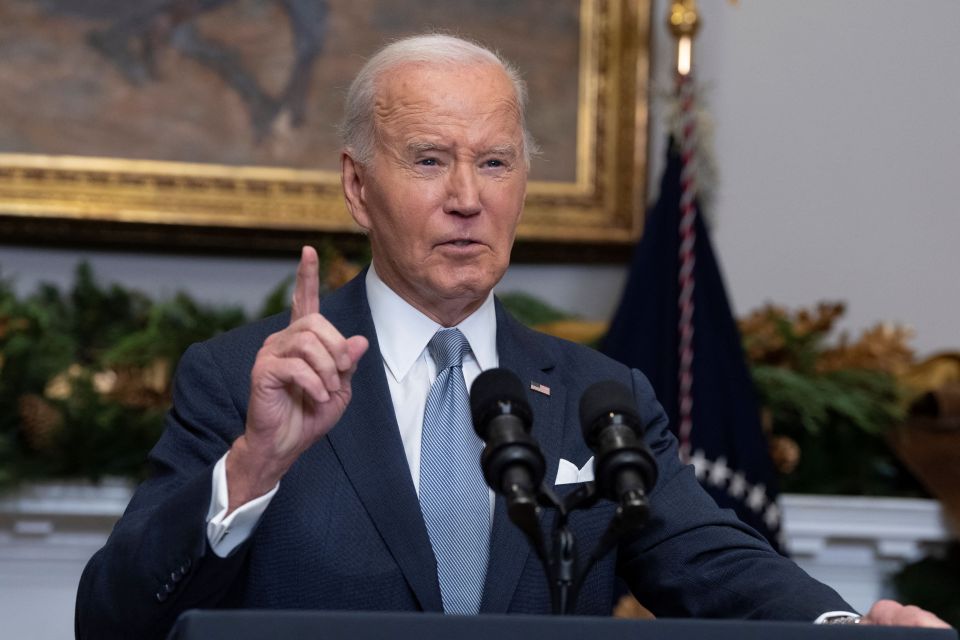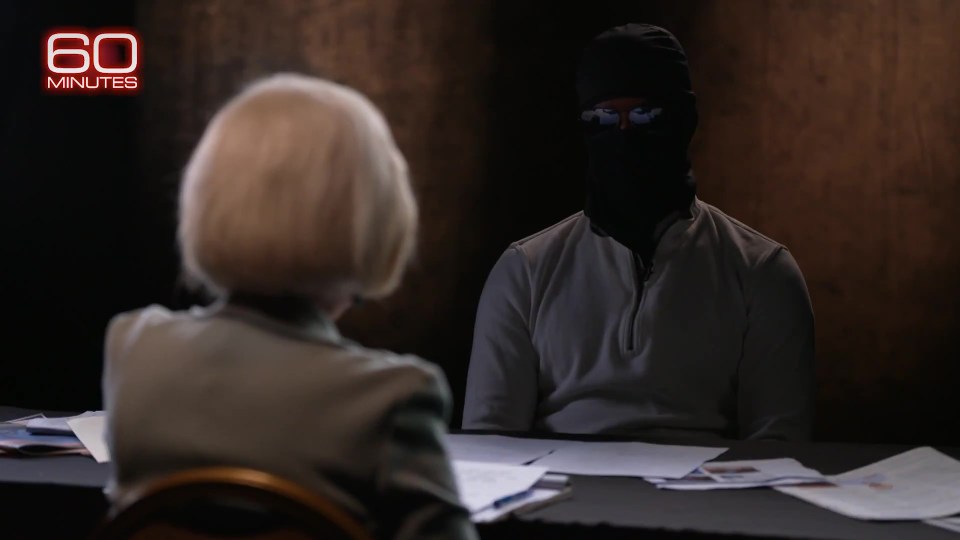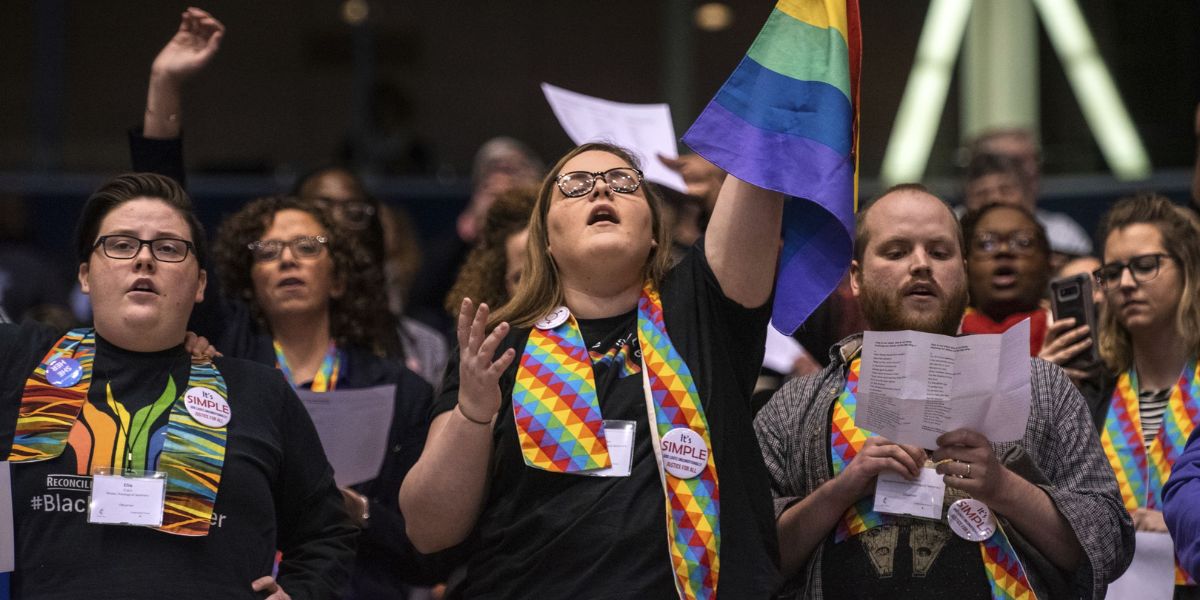Alabama Delegates at Methodist Conference: Striving to Erase Anti-LGBTQ Terms
Alabama United Methodist delegates will arrive in Charlotte on Tuesday to kick off the denomination’s global policy-making convention, which will go until May 3.
Delegates feel the major issues are best summarized as the three R’s: The removal of negative terminology about homosexuality; regionalization, which allows for greater self-government in different parts of the world; and revision of the Social Principles.
“Those are the three big ones, and they’re big,” said Rev. Kelly Clem, a retired pastor from the North Alabama Conference and one of the 862 voting delegates. A denominational divide has resulted in the departure of more than half of United Methodist churches in Alabama and a quarter nationwide. Most believe that the General Conference will be less conservative in its opposition to topics such as removing the denomination’s ban on same-sex marriage and ordaining openly homosexual clergy.
Clem believes this denominational convention will go more smoothly than previous ones she has attended because most of those who no longer wanted to be members of the denomination have left.
“I feel very hopeful about General Conference this time,” Clem went on to say. “I believe there is a lot of unity and hope for the future of the United Methodist Church as a denomination. “The temperature has been significantly reduced.”
Lisa Keys-Mathews, lay leader of the North Alabama Conference and reserve delegate to the General Conference, feels there are enough conservative activists still in the denomination to firmly oppose all progressive ideas. “Some super negative voices are coming out that are still part of the United Methodist Church,” she remarked. “I find that sad, and hurtful.”
There is still debate over eliminating terminology that refers to homosexuality as “incompatible with Christian teaching,” she noted. “There are loud voices on both ends,” Keys-Mathews explained. “There are people who want to cause turmoil at the General Conference. This disturbs me. This saddens me.
The Rev. Brian Erickson, senior pastor of Trinity United Methodist Church in Homewood and a reserve clergy delegate, believes there is a potential for change. “I think the proposal to remove the language around homosexuality is the most fair and balanced and frankly moderate approach going forward because it leaves the most space for our differences,” he told the audience.
The General Conference begins with an opening service on Tuesday at 2 p.m. and ends on May 3. The first week is packed with committee meetings, as 17 legislative committees comb through more than 1,000 proposals. One of the proposals came from the North Alabama Conference, which Erickson sponsored. It proposes that the denomination eliminate anti-homosexual terminology.
“The effort is to let go of some words that are offensive and put people in a box,” Clem was quoted as saying. “I feel like it’s better for us to remove language that separates people or that confines people to a category.” Clem is a member of the financial administration committee, which will oversee budget cuts following the denomination’s mass exodus.
“There will be a reduction of the budget for the general church, but also it will come down in a smaller percentage that will be asked of the members when it comes down to the local church,” Clem went on to say. “Overall, a big reduction, but also a little more sensitivity to the local church’s fragility after Covid, after losing members,” Clem went on to say. “Members will not be expected to contribute as much to general apportionments. That is also a nice thing.
This will be the first General Conference held since 2019 when a special conference was called to explore human sexuality. Covid-19 forced the postponement of the 2020 summit. The United Methodists typically gather every four years to conduct business. “There’s always been controversy and especially on the homosexuality issue,” Clem went on to say.
“There will be harmony within the body because these are people who have made deliberate decisions to remain United Methodist because they truly believe in who we are, our mission, and our purpose and want to be a part of it.” There is a lot of energy directed into Let’s get together, be together, and go forward.
The North Alabama Conference includes four clergy delegates, four lay delegates, and four reserve delegates. The Alabama-West Florida Conference has the same.
“We’re here because we want to be here; we’re not going to keep fighting,” Clem went on to say.
“Those who wanted to go, who felt strongly about human sexuality issues, have left. We are going to move forward. There’s a great rallying of individuals who want to help the church go forward with its mission, stop getting bogged down in some of these contentious issues, and simply move forward. There will be dissent. I just think there will be a much more upbeat atmosphere.”











